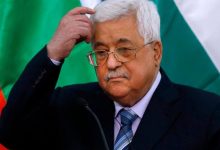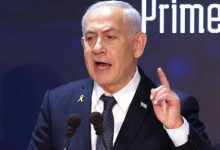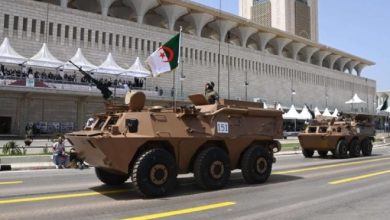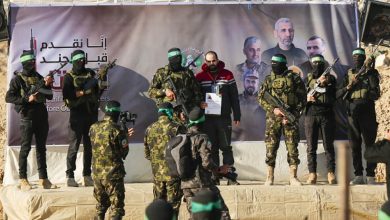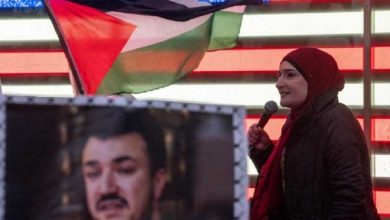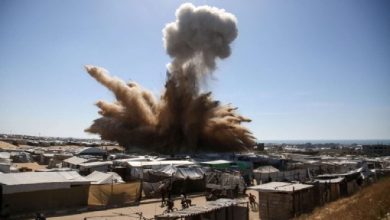“Netanyahu and Delegation Head to Cairo to Discuss Gaza Agreement’s Second Phase
Mini Cabinet Meeting Reviews Phase One of Prisoner Exchange as U.S. Pressure and Hamas Criticism Linger.
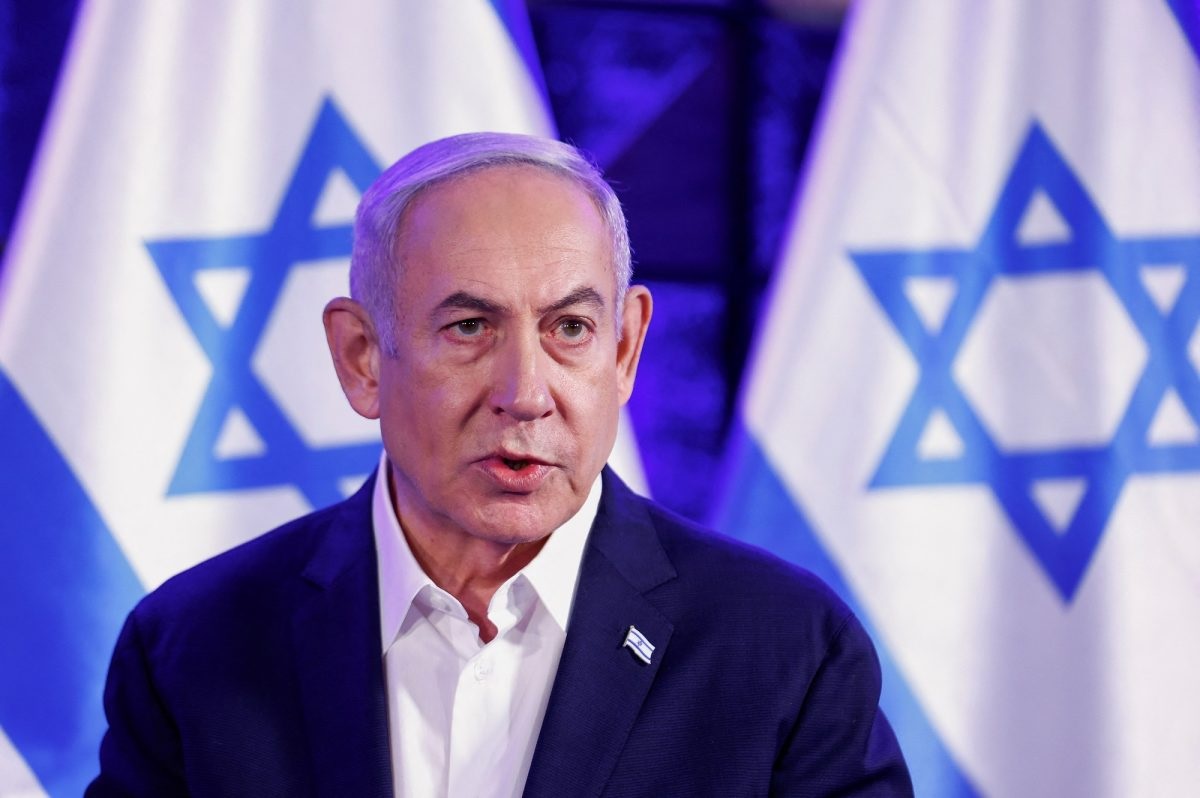
Watan-Israeli Prime Minister Benjamin Netanyahu discussed the second phase of the prisoner exchange and Gaza ceasefire agreement during a mini-security cabinet meeting today, Monday, following yesterday’s announcement that the negotiation delegation was headed to Cairo after U.S. Secretary of State Marco Rubio’s visit to Israel.
Netanyahu’s office confirmed that the prime minister instructed the negotiation delegation to head to Cairo today to discuss the continued implementation of the first phase of the deal—not to initiate discussions on the second phase. It added that after the cabinet meeting scheduled for later today, the negotiation team will receive directives to continue talks regarding the second phase.
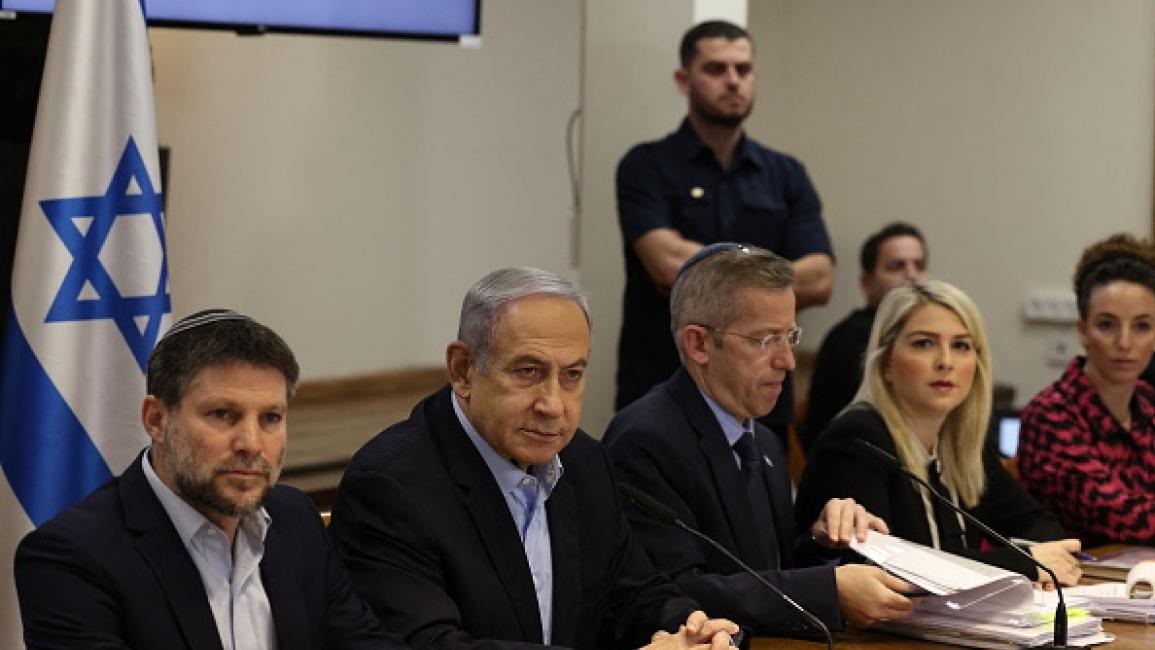
American Pressure
Meanwhile, Israeli Channel 12 reported—citing unnamed sources—that the U.S. administration is working behind the scenes to achieve a broader settlement. The sources revealed that Washington considers the release of Israeli detainees in the first phase extremely important, insisting on its continuation. They added that the U.S. Secretary of State made it clear to Netanyahu and senior Israeli officials that not negotiating is not an option at all.
The channel also noted that the heads of security agencies requested sending a delegation to discuss the second phase, but Netanyahu rejected the idea, claiming that the time was not yet right. Under pressure, Netanyahu eventually relented and decided to send a delegation, but he excluded the heads of Mossad and Shin Bet and granted the delegation headed to Cairo limited powers that do not include negotiating the second phase.
Estimates indicate that a high-level meeting in Qatar is expected in the coming days to begin discussions on the second phase. U.S. Middle East envoy Stephen Witkoff said yesterday that he believes the Gaza ceasefire agreement is holding, adding that the second phase of the agreement will definitely begin this week at a location to be determined later.
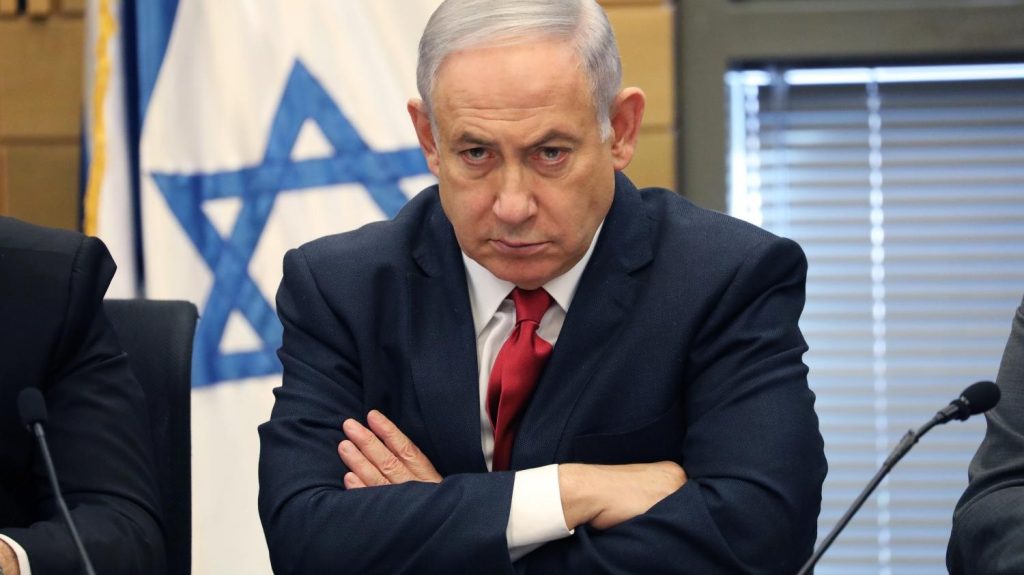
Netanyahu Denies
In contrast, Netanyahu’s office described Channel 12’s report as false news. In a statement, the office denied any American pressure from Rubio or envoy Steve Witkoff to send a delegation to negotiate the second phase. It confirmed that any discussion about the second phase pertains to the following day, which will be led at the political level.
Hamas’ Stance
Meanwhile, the Islamic Resistance Movement (Hamas) placed full responsibility on the Israeli occupation for the repercussions of its breach of the prisoner exchange agreement, particularly its humanitarian protocol. The movement pointed out that “the occupation’s delay in initiating negotiations on the second phase reveals Netanyahu’s intention to obstruct the agreement and his desire to return to aggression.”
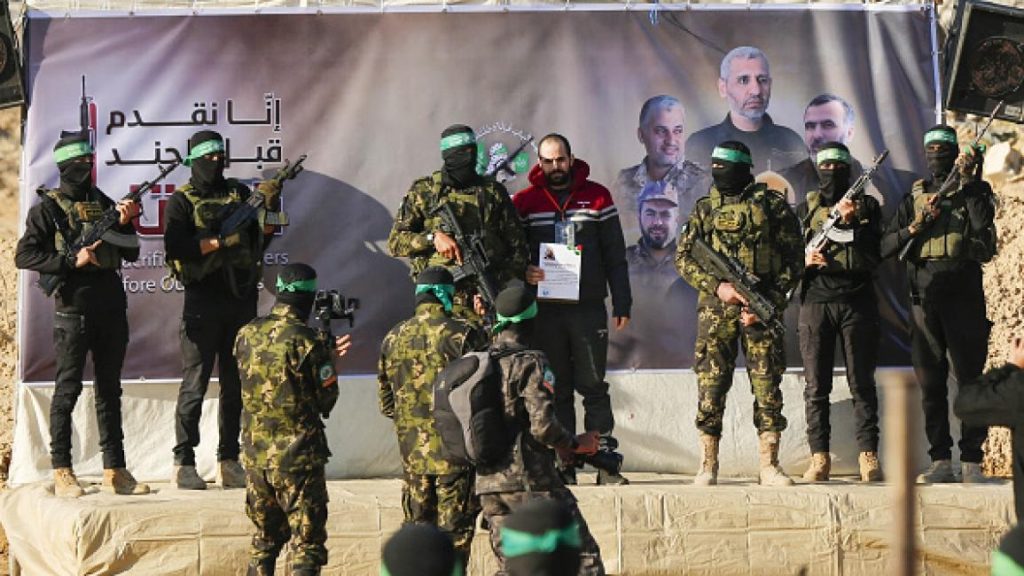
On January 19, the ceasefire between Hamas and Israel began and will continue in its first phase for 42 days. During this period, prisoners are to be exchanged, humanitarian aid delivered, and negotiations initiated for the second and third phases, mediated by Qatar and Egypt with U.S. support. The ceasefire agreement stipulates that negotiations on the second phase should start 16 days after the first phase goes into effect—i.e., on February 3 of the current month. However, after meeting U.S. President Donald Trump on February 4, Netanyahu postponed sending his negotiation delegation to Doha and instead sent a technical delegation not authorized to negotiate the second phase of the agreement.

